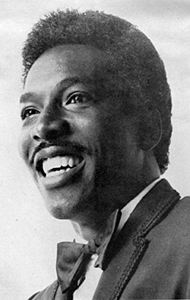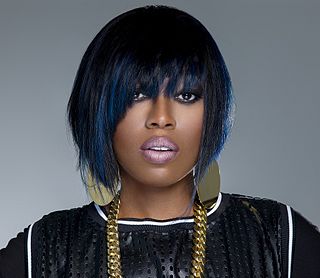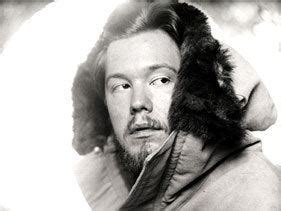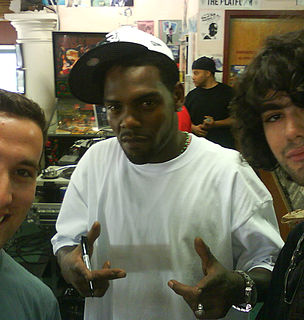A Quote by Megan McKenna
In the past I've had a very small independent label help me do an album and I'm so grateful for that, but as anybody knows in the music industry, that is down there.
Quote Topics
Related Quotes
This was early '90s and in New York hip-hop was coming on really strong; that was the sort of urban folk music that was almost threatening to eclipse rock music and indie rock music in terms of popularity, which it has certainly gone on to do. But you know, this is the end of the 1980s, beginning of the '90s. The whole independent label thing has really evolved to this incredible point from the early '80s when we started, and there wasn't one record label at all, until a couple people started forming these small labels.
I'm a free agent. I want the major-label budget for my next album, but I'm too big for the label to pay me. I don't want to be controlled, to be watered-down. Labels were always asking me to do this or do that, saying that I was lacking something. And every time, I did it the next year. Singles? Radio spins? I showed 'em.
The question has often been asked; Is Buddhism a religion or a philosophy? It does not matter what you call it. Buddhism remains what it is whatever label you may put on it. The label is immaterial. Even the label 'Buddhism' which we give to the teachings of the Buddha is of little importance. The name one gives is inessential.... In the same way Truth needs no label: it is neither Buddhist, Christian, Hindu nor Moslem. It is not the monopoly of anybody. Sectarian labels are a hindrance to the independent understanding of Truth, and they produce harmful prejudices in men's minds.



































